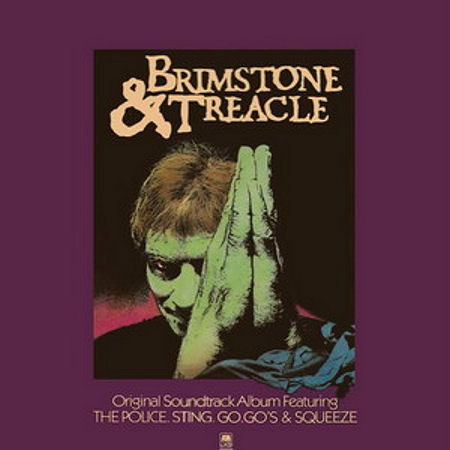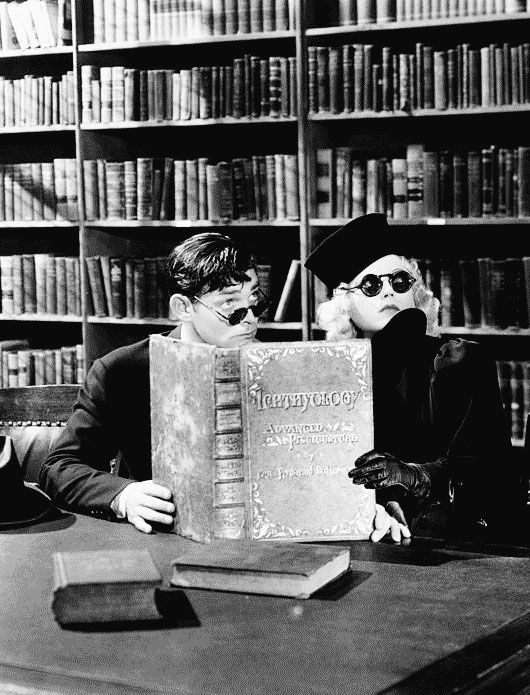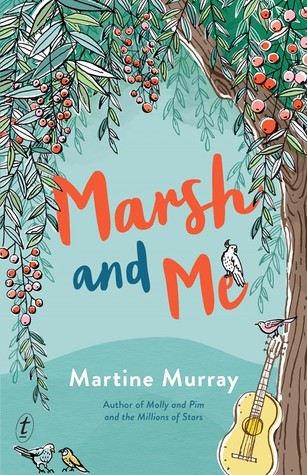
If I had to make a top ten list of my favorite bands, the Police would definitely be on that list. They were such a great band that managed to apply innovative and inventive techniques to New Wave and popular music. I have trouble thinking of any bands that sounded liked them that managed to come close to the level of success they achieved critically and commercially. They are also one of the few bands that
I defend as having never released a bad album.
Being a fan of the Police, however, I also think they are a misunderstood band. I’ve been listening to them off and on for over a decade. And every time I do, I discover more and more about the band. I understand more of the subtleties of their playing and songwriting that I never picked up before. However, there is one quality of the band I picked up on very early that has only intensified over the years. A quality that I feel many people often overlook. And that is the Police is a very dark, manic band.
For casual listeners, this might not be so obvious. Sure, some of their biggest songs feature unsavory situations and characters. “Roxanne” is about one man’s obsession with a prostitute and “Every Breath You Take” is typically regarded as a stalker’s anthem. While those two songs are the most popular from the band’s catalogue, they only represent the tip of the iceberg when it comes to the band’s level of sinister songwriting when you explore further.
Even sticking with the other hits and singles, there are many songs that touch up on depravity, isolation, desperation, and fear. One of their first singles from the band’s debut album Outlandos D’Amour, “Can’t Stop Losing You” is a song about a young man committing suicide because his girlfriend left him. “Message in a Bottle,” from their sophomore release Reggatta De Blanc offers only a glimmer of hope as an isolated man realizes that everyone else is just as lonely. “De Do Do Do, De Da Da Da” features a catchy hook that sounds jovial, but you tend to forget that the chorus references rape. And, on their final studio album, “Synchronicity II” is a brilliant song that, referring to the Jungian theory of synchronicity, tells the story of an emasculated husband who lives a depressing and unfulfilling life. And these are only examples of songs that were released as singles. Imagine what was left on the albums.
The characters who experience these feelings of loneliness and anger are men who have been denied or removed from power. Their stereotypical gender role has been dismantled and they are left confused and often violent. The loss of authority, or even superiority, is too much to bear so they rely on more baser instincts to assert whatever dominance they feel they have. Men in these songs represent a toxic masculinity and the extent that some will go to restore a gender balance. The scenarios may be different, but the conflict is apparent as the narrative unfolds; unhinged and deranged men acting being violent or reactionary out of fear. Here are a few examples:
- “On Any Other Day” – a husband has a crisis and fights against a breakdown as his family disrespects his role such as his wife having an affair and his son coming out as gay
- “The Bed’s Too Big Without You” – a man’s female partner has left him after committing a mistake, so he cries himself to sleep while humping his pillow
- “Does Everyone Stare” – a man with no confidence tries to ask out a woman despite his crippling anxiety and poor self-image
- “Voices Inside My Head” – a man haunted the words of an assumed former lover
- “Shadows in the Rain” – a man losing his grip on reality
- “Darkness” – a man stays inside his dark room wishing life would be easy and boring again
- “Mother” – a man is angry that his mother won’t stop calling him and it is driving him insane
- “Tea in the Sahara” – based on the novel The Sheltering Sky, three women are left to die in the desert after being told a prince would come save them
- “Murder by Numbers” – a darkly comic look at the art of murder
- “Once Upon a Daydream” – a young man murders his lovers father
With only five studio albums released within a six-year period, the Police’s discography is remarkably short considering their popularity and influence. However, despite the small discography, they managed to put out a lot of haunting material. However dark those songs are, none of them come close to the material they didn’t put on their albums.
When I was in college, I bought a four-disc box set of their recordings called Message in a Box. Released in 1993, it boasted that the set contained every commercially released track by the Police up to the point (though later research would reveal that a few tracks were overlooked). In addition to the studio albums, included were songs released as one-off singles, live cuts from Urgh! A Music War, and soundtrack contributions. It is through that set that I heard the darkest and most violent song the Police ever recorded.
“A Kind of Loving” was one of three tracks the Police contributed to the 1982 film adaptation of Brimstone & Treacle. Based on a stage play, the film is about a married couple caring for their daughter who was disabled after a hit-and-run. One day, the father meets a young maned named Martin (portrayed by Sting). Martin’s identity and background is a mystery, but he manages to convince the father to allow him to care for his daughter. The father, though uneasy about the offer, agrees in order to get some time away from the daunting schedule of caring for a young daughter. While under his care, Martin rapes the young girl. It is later when Martin attempts to rape her a second time that the daughter screams and is cured of his disability.
In addition to Sting playing the villain in the film, he also contributed a lot of solo material to the film’s soundtrack. Other bands contributed tracks including Squeeze and the Go-Go’s. However, none of their songs come close to matching the horrifying listening experience that “A Kind of Loving” offers.
Just over two minutes, “A Kind of Loving” immediately starts with an explosion of noise and pain. A heavy guitar track play throughout the entirety of the song and is paired with the sounds of a young woman screaming in pain. At various parts in the song, Sting comes in and shouts obscenities at the women calling her horrible names and demanding that she shut up. The young woman’s cries of pain ebb and flow in volume throughout the song, but the terror conveyed is constant and disturbing. Relatively short for a song, that two minutes seems to go on forever.
I have yet to see Brimstone & Treacle or even read the play that the movie was based on. Being an obscure and limited British release, the film is hard to find in the United States. I do, however, own the soundtrack on vinyl because it is a solid album overall. However, I’m not sure I really want to see the film. I may at some point, but I’m in no rush. The track “A Kind of Loving” is so jarring that I imagine there is little to nothing artistically I could gain from seeing whatever scene that song scores. It isn’t even a song I seek out to enjoy as part of a listening experience. It just comes on whenever I put on that particular Police disc and let it play out.
I love the Police and I go through phases where I listen to their music frequently. And every time, I forget just how dark the band is. Sting used to teach English classes and is an avid reader. It is easy to understand how his love of literature would carry over into his songwriting. I wonder every time where Sting draws his inspiration from and how he perceives the toxic men he writes about. I would like to know where they come from and what they mean. Often, these men face some cruel fate that can only be described as poetic justice. However, I wonder if there is something deeper there.
Advertisements Share this:




